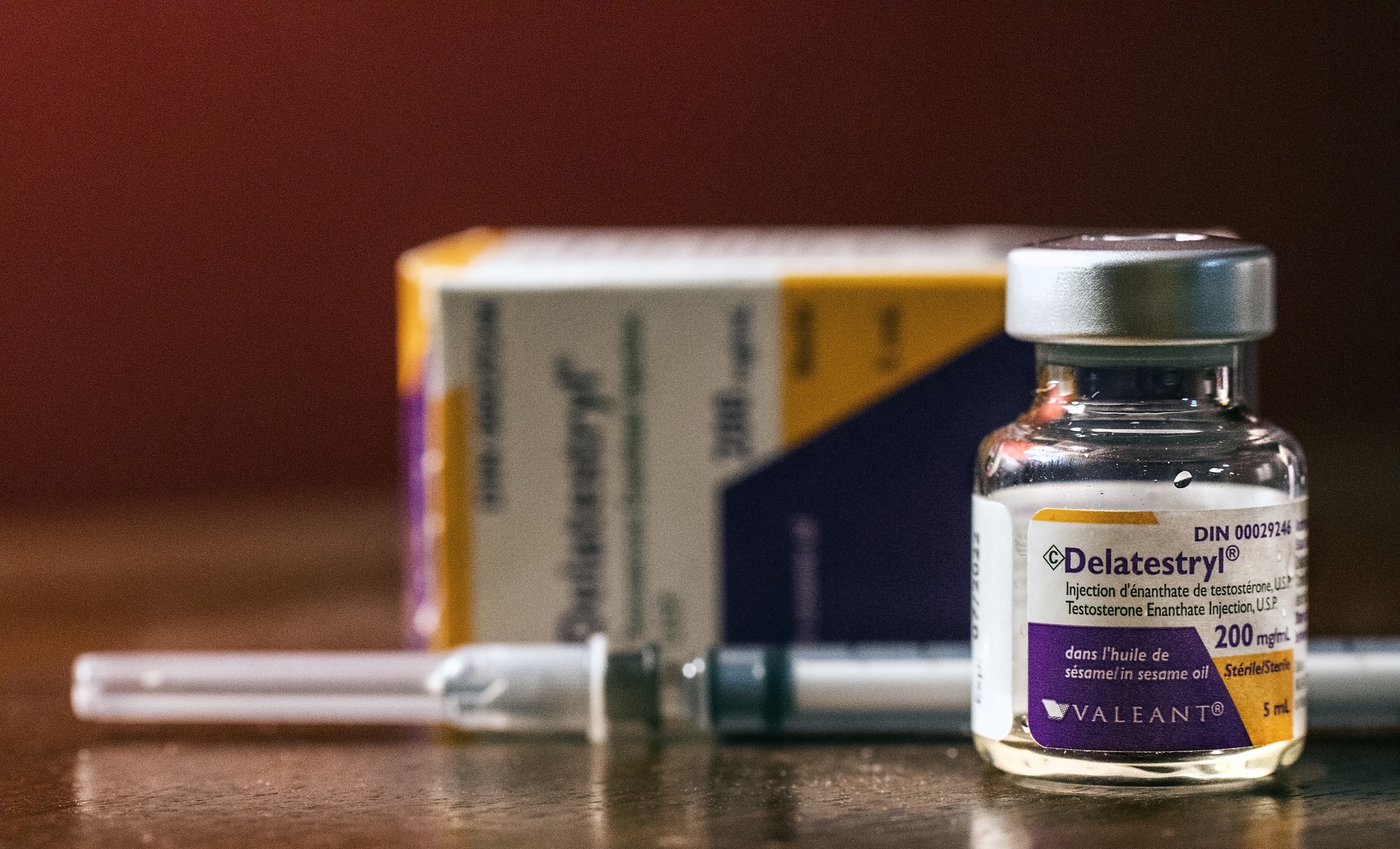Testosterone is a hormone that plays a crucial role in many physiological processes in the human body. It is known for its crucial role in promoting muscle growth, maintaining bone density, and regulating the sex drive. However, the relationship between testosterone and sleep is not as well-known. In this article, we will explore the link between testosterone and sleep and how sleep affects testosterone levels.
Testosterone is primarily produced in the testes and adrenal glands of men and ovaries and adrenal glands of women. The production of testosterone is regulated by the hypothalamus and pituitary gland, which produce gonadotropin-releasing hormone (GnRH) and luteinizing hormone (LH), respectively. These hormones regulate testosterone production, with higher levels being produced at night during the deepest stages of sleep.
Studies have shown that sleep has a significant impact on testosterone levels in the body. A lack of sleep has been found to cause a decrease in testosterone levels, which can lead to several health problems, including decreased muscle mass, decreased bone density, decreased sex drive, and depression. On the other hand, getting adequate sleep has been found to promote testosterone production, leading to increased muscle mass, increased bone density, increased sex drive, and improved mood.
The first sign that sleep plays a role in testosterone production was discovered in a study conducted in the 1990s. The study found that men who were sleep-deprived for one week had significantly lower testosterone levels compared to men who slept normally. This study showed that sleep is essential for testosterone production, and a lack of sleep can lead to a decrease in testosterone levels.
Further research has found that the stage of sleep in which testosterone production is highest is during the rapid eye movement (REM) stage of sleep. This stage of sleep is characterized by vivid dreaming and a decrease in muscle tone. During this stage, the brain produces GnRH, which stimulates the production of testosterone.
In addition to affecting testosterone levels, sleep can also impact the sensitivity of testosterone receptors. When the body is sleep-deprived, it can become less sensitive to testosterone, leading to decreased testosterone levels even if production remains normal.
Aging is another factor that can impact testosterone levels and sleep. As men age, their testosterone levels naturally decline, and they are also more likely to experience sleep problems. This can lead to a vicious cycle, with decreased testosterone levels causing sleep problems, and sleep problems leading to decreased testosterone levels.
In conclusion, sleep is an essential component of maintaining normal testosterone levels, and a lack of sleep can have a significant impact on testosterone production. If you are experiencing symptoms of low testosterone, it is important to speak with a healthcare provider to determine the cause and develop an appropriate treatment plan. Making changes to your sleep habits, such as sticking to a regular sleep schedule and creating a sleep-conducive environment, can help improve testosterone levels and overall health.
